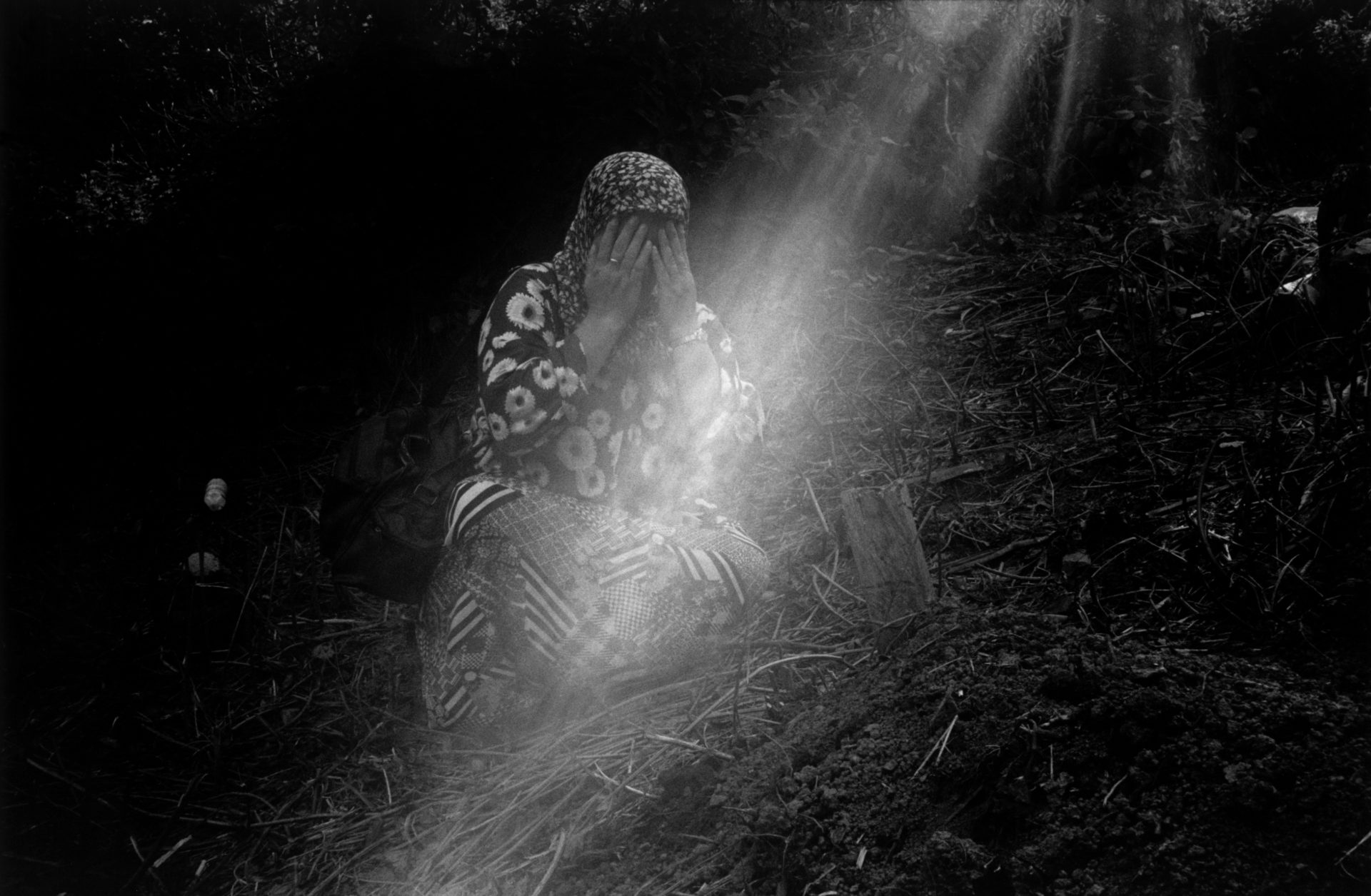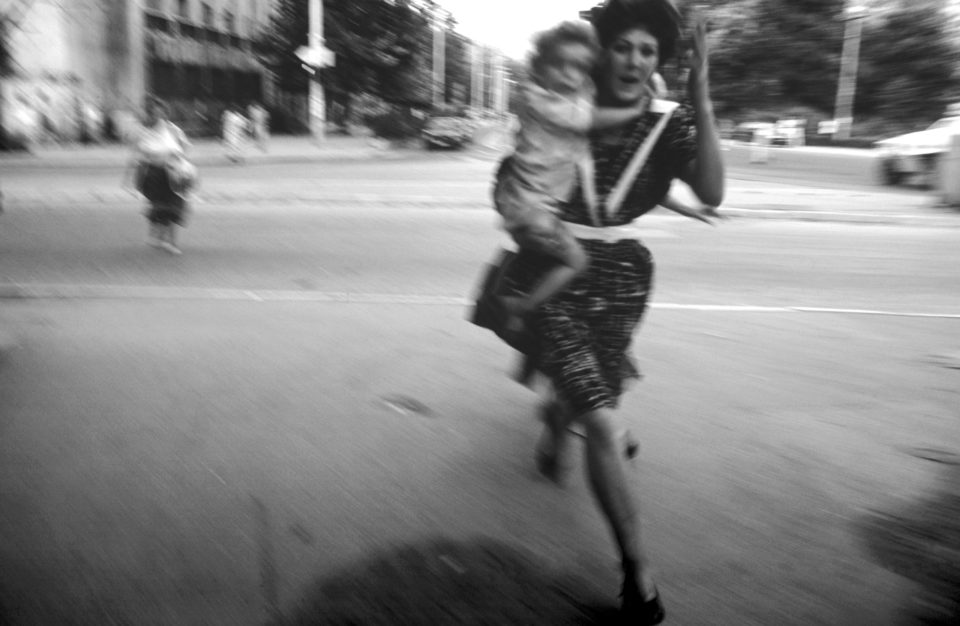
It has been more than thirty years since war erupted in Bosnia and Herzegovina, yet the quest for justice remains a central concern for most survivors of conflict-related sexual violence. This is primarily fueled by the absence of a transitional justice strategy and the impunity of war criminals.
Despite the drafting of a transitional justice strategy in Bosnia and Herzegovina, it has never been adopted, rendering path towards justice fraught with obstacles.
For two decades, the organization Žena Žrtva Rata has been supporting survivors of conflict-related sexual violence, filling the void left by the state’s failure to fulfil its responsibilities. The organization’s goal is to provide assistance to survivors, to shatter the silence surrounding these atrocities, and to advocate for greater justice.
At the heart of their efforts lies a database and an archival system, accessible to judicial bodies, research institutions, scientific endeavors, and professional projects. In this way, Žena Žrtva Rata ensures that the truth and the stories of survivors are preserved. Žena Žrtva Rata diligently records and preserves these accounts, contributing to a broader understanding of the multifaceted impacts of conflict. Moreover, the organization extends its commitment to future generations by documenting and safeguarding data on children born as a result of wartime rape.
According to administrative and judicial proceedings, as well as informal NGO records, the number of survivors of conflict-related sexual violence ranges from 20,000 to 50,000. However, it is important to acknowledge the high number of unreported cases, and the fact that people of all genders were victims of sexual violence during the conflict.
Many survivors have not yet had the opportunity to testify in court, even though the whereabouts of a number of perpetrators are known. Amela Međuseljac, an active member of Žena Žrtva Rata, says that a significant number of these criminals are today living in neighboring countries, often holding citizenship status in those respective states. This makes the extradition process even more difficult. In light of this, she suggests that the most pragmatic step the judicial system could take would be to issue judgments in absentia, thereby ensuring that at least a substantial number of verdicts are delivered.
Another challenge for survivors is the inadequacy of support from the country’s judicial institutions. To address this critical gap, Žena Žrtva Rata collaborates with partner organizations to implement projects that provide assistance to potential witnesses before, during, and after their court appearances. Through this project, the organization strives to meet the diverse needs of survivors and fill the void left by the absence of government institutions undertaking this task.

While therapy sessions are an essential part of the initiative, many survivors are not yet ready to talk openly about their traumatic experiences. Amela poignantly notes, “There are women who never managed to escape the clutches of the war. They’re still living with it today.”
Furthermore, Amela underscores the importance of parallel procedures for reparation, a major stride forward in the quest for justice. This approach ensures that once a verdict is validated, financially capable perpetrators bear the responsibility of compensating their victims.
At the same time, it is crucial to also provide support to victims whose perpetrators lack the financial means to fulfill reparations.
“It’s a failure on the part of both the state and its constituent entities that there exists no fund or mechanism to provide reparations to these survivors. Requesting reparations is problematic in any case. The outcome of these claims is unreliable, and in the rare cases where they are awarded, it is difficult to obtain it,” says Amela. She adds that victims who try to file these claims in civil proceedings often lose the case and have to pay extremely high court costs.
Adding another layer of complexity to this predicament, victims are granted protected witness status in the courtroom. However, this protective shield is lifted once the reparation procedure is set in motion, leaving victims in a precarious position.
Looking ahead, a new law, set to take effect in January 2024, will introduce several new benefits for civilian victims of war in the Federation of Bosnia and Herzegovina. This includes the right to priority medical care and medical spa rehabilitation. Moreover, the law recognizes children born of wartime rape as a special category, granting them equal rights in society.
When it comes to the sentencing of perpetrators, a shift has emerged over the years. In the past, survivors were often dissatisfied with the severity the of punishments imposed. As time has passed, however, there has been a transformation in perspectives. Nevertheless, as Amala points out, “today, when we monitor the sentencing decisions, we’re satisfied if the court so much as delivers a guilty verdict. Only a few people pay attention to the severity of the punishment.”
For Žene Žrtve Rata, justice is the most important thing, Amela explains, adding that without it, society cannot heal, and trust cannot be rebuilt. She emphasizes that “until all the cases are completed, society must recognize victims as victims and criminals as criminals, regardless of their religion or nationality.” However, according to her, the current political system is not conducive to this understanding, without even adequate measures in place to sanction those who deny the reality of these events.
She firmly believes that the public and the media should speak out more about the crimes committed during the war, with the objective of ensuring that such atrocities are never repeated again anywhere in the world. Survivors are aware that not all war criminals will be punished, nor will all the victims be able to provide evidence of what was done to them, what they survived, and what they saw.
Crucially, she underscores the challenges faced by many survivors, a significant number of whom continue to grapple with life-altering consequences. Many women and men among them are, in her words, individuals who encountered limitations in various aspects of their lives. They are predominantly single mothers, most of whom were unemployed before the war, and often left unable to work in the post-war period.
Recognizing these multifaceted challenges, in addition to their testimony collection and prosecution efforts in Bosnia and Herzegovina, the organization is also dedicated to implementing rehabilitation and economic empowerment programs to support the families of its members. This holistic approach reflects a commitment not only to justice, but also to the comprehensive well-being and empowerment of people affected by the war.






